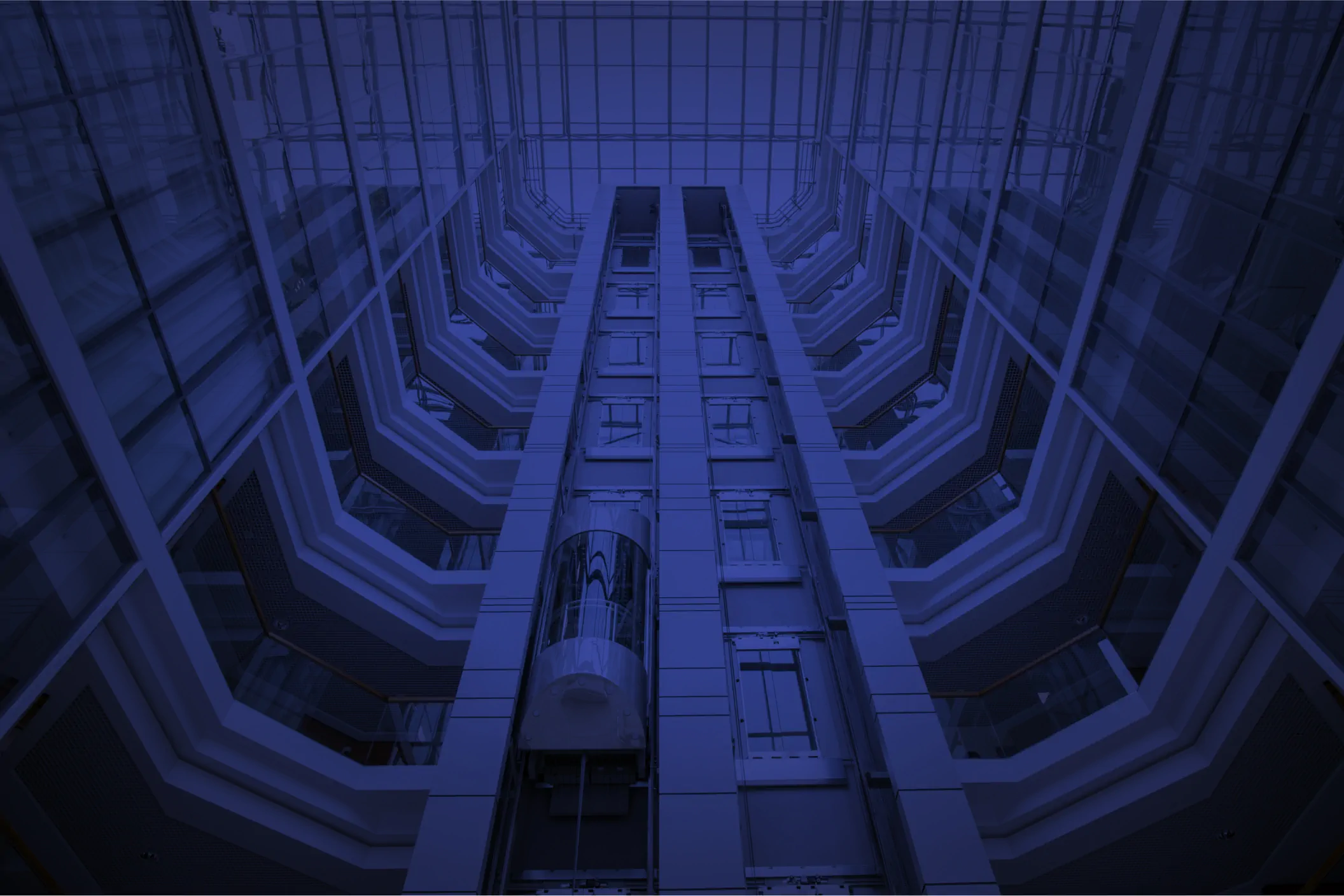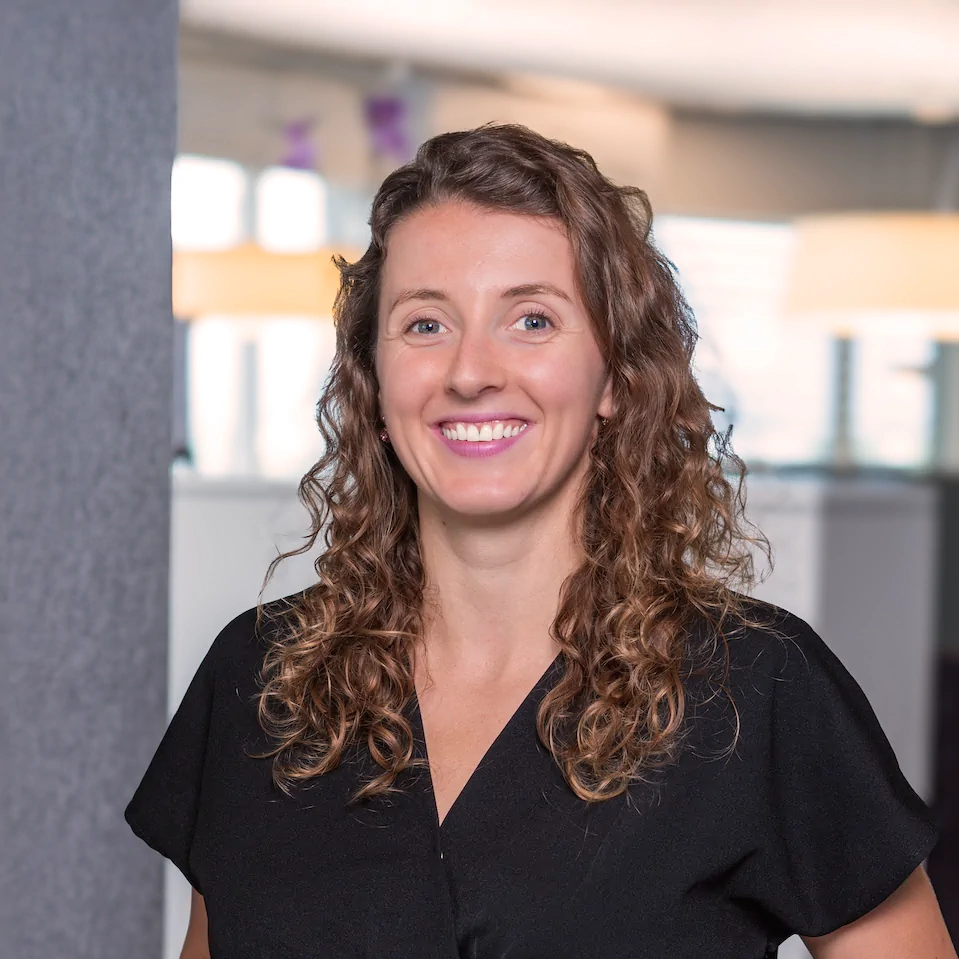
Hybrid hero: Henkel
1. How did your Smart Work concept come about and what did change?
When it comes to flexible working, Henkel has always been very well positioned and among the pioneers. In 2015, we introduced a work-life flexibility charta that focuses on trust-based work and mobile working.
The pandemic has once again significantly accelerated many developments. We noticed how well virtual collaboration and mobile working work. But also how important it is to come together as a team. I am convinced that every crisis is also an opportunity. We have seized this opportunity and developed a concept for the future of work that applies to Henkel worldwide. We are talking here about six regions and over 130 countries. This also addresses the issue of mobile working. We asked our colleagues around the world: How do you currently use mobile working? How do you perceive it and what are your expectations for the future, i.e., the time after Corona? But when we talk about the Future of Work, we are talking about more than just mobile working. Based on the results of the survey, we have developed a new Work Model that is holistic in nature.
We call the framework Smart Work. Health, workplace design, digitalization, sustainability and much more play an important role. The four core elements of Smart Work are:
- Work ≠ Office (mobile work based on trust)
- Office ≠ Desk (creative working environment on site)
- Presence ≠ Output (focus on results rather than hours worked)
- Meeting ≠ Travelling (digital meetings instead of costly business trips).
Editor's note: More info on Henkel's Smart Work concept can be found here.

2. As a huge company, how did the Smart Work concept develop?
There are many cultural differences at our sites, and we are aware of that. In Japan, for example, many of our colleagues prefer to work in the office, partly because space in their own homes is often limited. At other locations, very long commutes are common. We have to take these different needs and circumstances into account and at the same time create a conceptual orientation that applies to Henkel worldwide. In this context, the office continues to play an important role - as a place of encounter, creativity and inspiration. It is important for our corporate culture that we meet. Also to strengthen the sense of team and togetherness.
That's why we offer our employees a hybrid working model. In concrete terms, this means that they can work on a mobile basis up to 40 percent of the time. The days on which the entire team gathers in the office are coordinated internally. Of course, there are also areas where mobile working is not possible, for example in research or production.
For everyone else, we want to create an even better and inspiring working environment and will make our office landscapes even more attractive in the future so that employees enjoy coming to the office and actively choose to do so. At our corporate headquarters in Düsseldorf, we have created more space for people to meet and be creative; there are new sports facilities and two new restaurants, to name just a few examples. The aim is to make working on site even more attractive. We still have many ideas and plans here.

3. One of the four pillars of Smart Work is "Office ≠ Desk." What will the office (building) of the future look like at Henkel? What will change?
Two aspects are important in Office ≠ Desk: First, it is about improving our meeting culture. For example, when planning each meeting, we should consciously consider what the goal of this exchange is and who needs to be present. For international meetings, digital meetings can be held. If new ideas are to be developed with the team in the same location, it is best to meet physically. For a short update, a digital meeting may be enough. There are different options and we want to create more awareness to decide when and how teams meet most productively.
The second aspect is the digital infrastructure, i.e. the question of how we are technically positioned and what is still missing in terms of virtual tools. When the global pandemic broke out, we were able to switch to mobile working at Henkel pretty easily because we had and have a very good digital infrastructure. For example, we had already introduced Microsoft Teams before the pandemic. The lock-down period was another significant push in that respect; employees were much more active with it, across all areas and age groups. We saw that colleagues wanted to stay in touch digitally. They took a virtual lunch break together or drank tea to maintain the social component. We have incorporated these experiences into our Smart Work concept.
4. What are the most important lessons learned from the last few months of hybrid work? What has surprised or impressed you?
We have learned an incredible amount - as a company, as HR and also me personally. That virtual collaboration really works, that you don't have to travel for every international meeting, that we can also develop ideas together digitally. But also how much we need direct, personal exchange. Now we have to combine the best of both worlds. The pandemic also showed us how strong our corporate culture is. I was really pleasantly surprised at the calm and confidence, but also the energy and creativity with which Henkel came through the pandemic and how our employees dealt with it. With a lot of discipline and commitment! I believe that we will emerge from the pandemic stronger than before. Even though the pandemic is unfortunately not yet over.
Thank you very much for the interview, Mr. Kohlmann!
➡️ Become a Hybrid Hero as Henkel with the deskbird app. Also, the free Hybrid work ebook - the BIRD-Framework will help you to set up your model step by step, start now!
Frequently Asked Questions









%20(1).webp)
